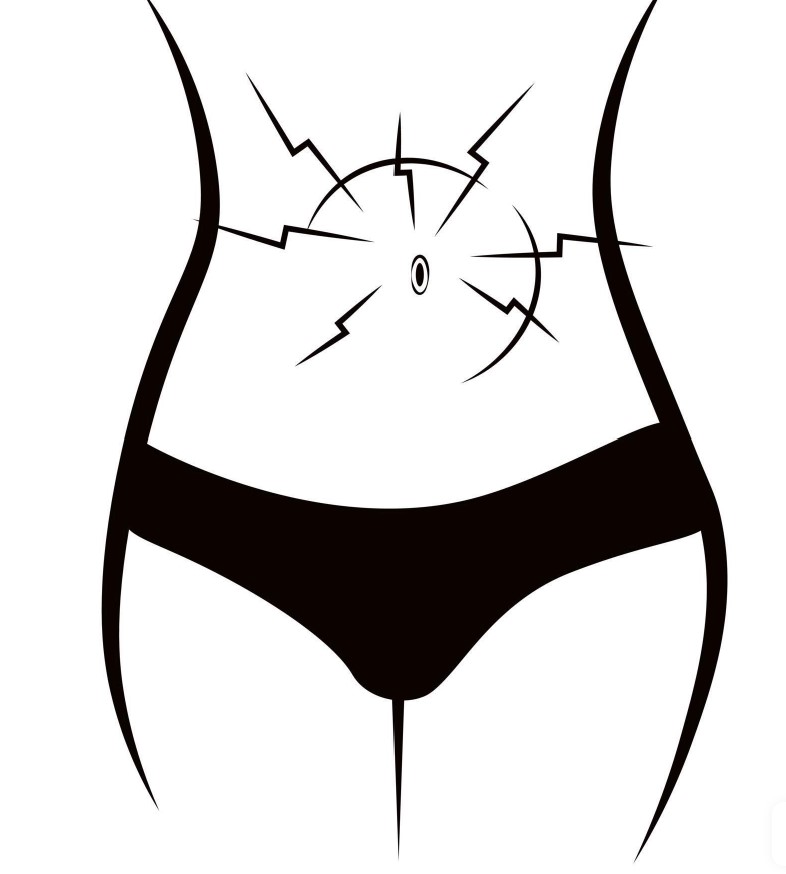Living with irritable bowel syndrome (IBS) can be challenging, especially when you get sudden and extreme attacks of abdominal pain. You might also become agitated because of the sudden urge to find a bathroom when you are out.
Supplements like MegaMucosa can help alleviate the pain and reduce the symptoms as they help heal and strengthen your mucosal lining. There often isn’t just one thing that will help with IBS symptoms but instead, a combination of things is needed. These six practical tips will help you deal with different irritable bowel syndrome symptoms.
-
Use hot water bags to calm the spasms
IBS can cause sudden spasms and pain in the abdominal area. Apply the mild heat of electrical heat pads or hot water bags to soothe the pain. The gentle heat helps to relax the muscles of the colon and reduces spasms and cramps. The heat will improve the blood flow and give a soothing and relaxing feeling that will distract you from the pain.
-
Use fresh ingredients for cooking meals
Food plays a vital role in reducing IBS symptoms. If you are experiencing IBS symptoms, it’s best to avoid processed food as it contains harmful preservatives, colorings, artificial flavors, and additives that can worsen your symptoms.
Instead, cook homemade food with lots of veggies and fresh ingredients. That way, you can get abundant essential nutrients that will help keep your gut healthy and avoid any digestive problems. Switching to healthy food habits will help in faster recovery and better results.
-
Use mucosal support supplements
The mucosal system plays a crucial role in maintaining gut health. It creates a mucosal barrier inside the lining of the organs of your body. If anything affects the natural functions of the mucosal system, it can lead to multiple gastrointestinal disorders like irritable bowel syndrome.
Mucosal support supplements like MegaMucosa are specially made for improving gut health and fighting the symptoms of IBS in the long run. It helps strengthen the gut mucosal lining by rebuilding a healthy mucosal barrier and helps to maintain its consistency. Such supplements help fight various symptoms of IBS, such as the leaky gut, diarrhea, constipation, and abdominal pain.
-
Try a low FODMAPs diet
A FODMAP diet is low in fat, rich in protein, and low in FODMAPs (fermentable oligosaccharides, disaccharides, monosaccharides, and polyols). FODMAPs can be present in various foods, including cereals, vegetables, fruits, and dairy products. Read more about Get rid of Cankles; 4 effective exercises
You can try a rigorous low-FODMAP diet to alleviate IBS pain and other symptoms. Avoid high FODMAPs food like ginger, garlic, asparagus, mushrooms, kidney beans, etc. Instead, include low FODMAP food like beetroots, bean sprouts, broccoli, okra, olives, chives, carrots, peas, etc.
-
Drink IBS-friendly teas
Sipping a calming cup of IBS-friendly tea will help relieve severe IBM spasms and cramps. IBS-friendly teas aren’t fermented and don’t include any elements that can aggravate or provoke IBS symptoms. Peppermint, black tea, and green tea are examples of IBS-friendly teas. On top of that, peppermint has been recommended as a viable IBS therapy.
Teas such as chamomile, chai, dandelion, and several herbal teas that you might assume are harmless might trigger IBS symptoms if boiled for an extended period.
-
Say no to high-fat meals
It’s critical to reduce fat intake in your diet if you have IBS-D (Irritable Bowel Syndrome with Diarrhea). Most people with IBS-D have a stronger desire to urinate more frequently, and this desire is linked to the quantity of fat in the meal. In persons with IBS-D, high-fat meals might produce violent colon contractions, resulting in cramping and diarrhea.
Dealing with irritable bowel syndrome can be painstaking, especially when you don’t know what to do. It’s always best to get a piece of medical advice from a medical professional and buy only certified dietary supplements from reliable stores to help you fight IBS symptoms.

